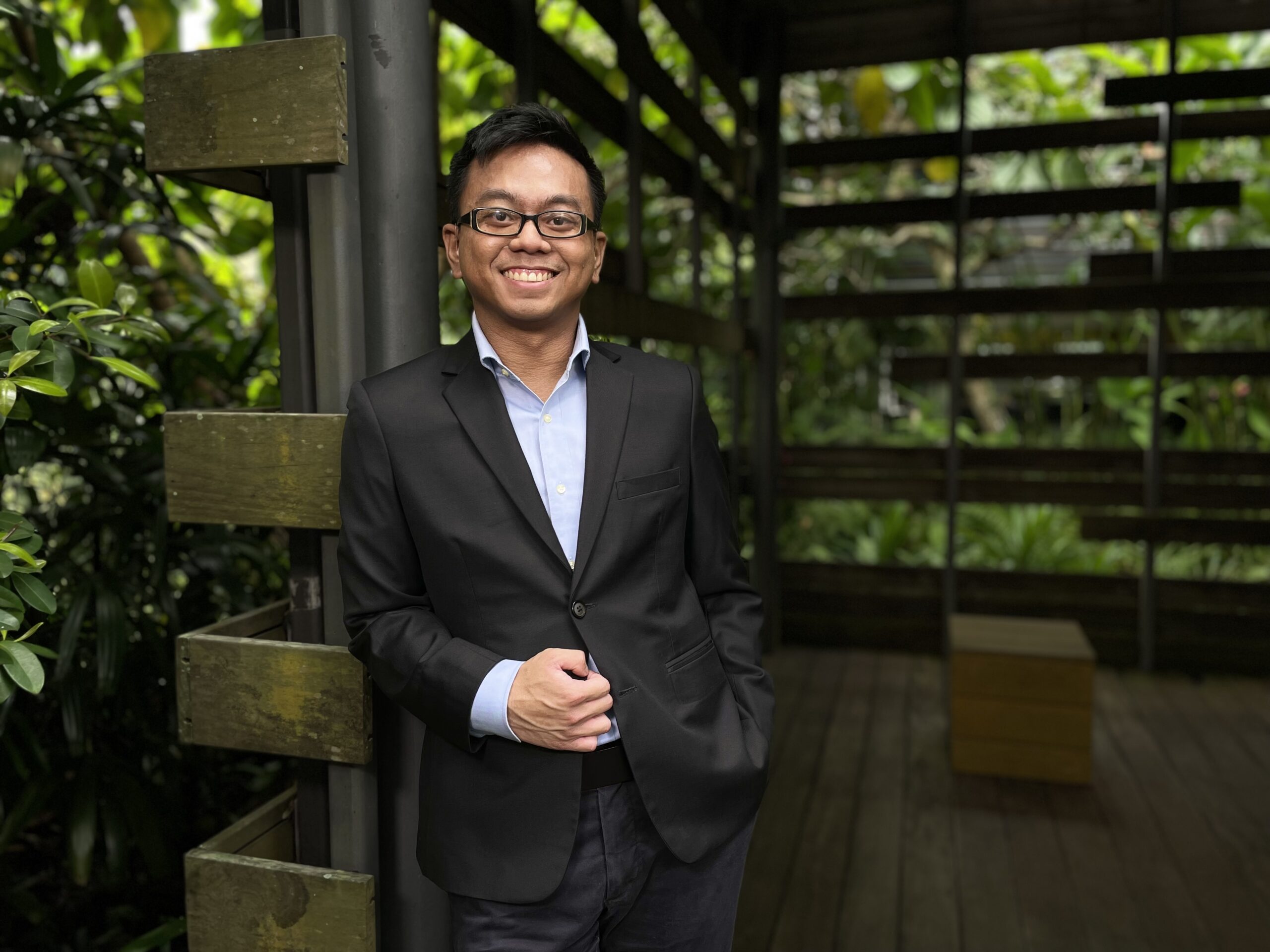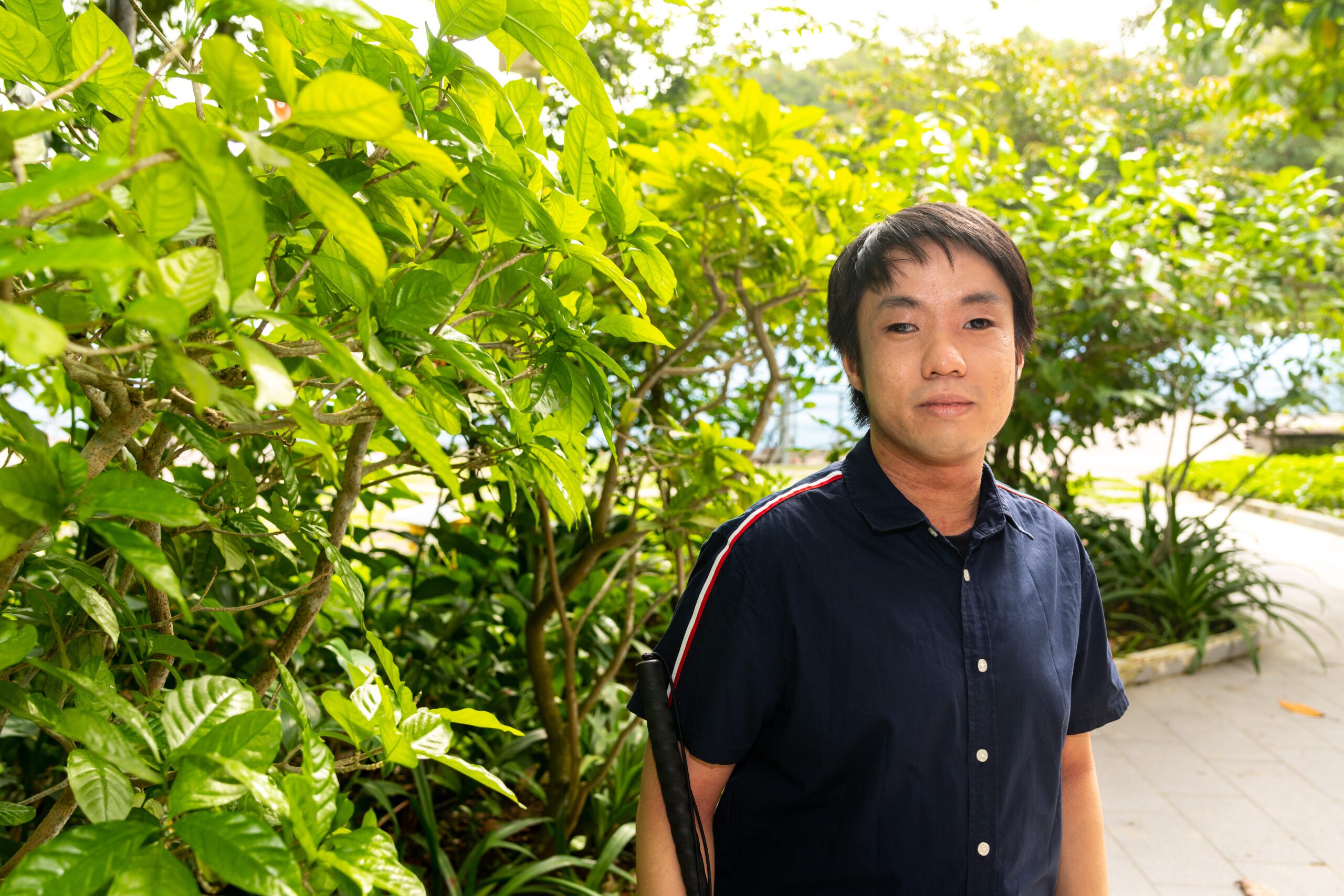A few months would pass before I even dared to break the news to my mother. We’ve always had a bit of a language barrier, so when I sat her down and told her that I had HIV, she mistakenly thought that I had AIDS (the late stage of HIV). She was devastated by the news, as she thought I was going to die. Then came the ‘I told you so’ and the ‘I knew your lifestyle was going to kill you’ remarks. But I assured her that my death wasn’t imminent because I was seeing a supportive doctor and my medications were working. She didn’t believe any of it and insisted that my medications were bogus. She kept it together long enough, but burst into tears after I left her. I was surprised by her reaction, as she was supposed to be the liberal one — she would parade the fact that she had many gay friends, as if it was a badge of honour. She introduced me to faith healing, as she believed that the combination of yoga and taichi and dieting would accomplish the feat of curing HIV whereas modern science could not. To humour her, I joined her in the activities. I decided to bring her to my upcoming doctor’s appointment. As my doctor began talking to her about HIV, and how I had been diligent with my treatment, her obstinacy melted away. She even began to fawn over the doctor. ‘Oh, thank you so much for taking such good care of my son!’
Receiving acts of kindness from strangers and the eventual parental acceptance of my condition lowered my guard. Maybe the tireless works of my predecessors had paid off, and mindsets about HIV had changed. If even my parents, who are of the older generation, can accept my condition, maybe society no longer sees HIV as a stain. Maybe all my worries were unfounded. How naïve. I was in for a rude awakening. One time, after exchanging pictures with someone on a dating app, I received a reply from the latter: ‘Are you Calvin? The HIV-positive Calvin?’ At first, I tried to deny it — I wasn’t ashamed of my status as I was already an active public speaker, but to have your sexual history all sussed out and to be confronted about it by someone who hadn’t even bothered to properly introduce himself is discomfiting. Then came a threat: ‘I’m going to expose you and tell others you are HIV positive.’ Bewilderment took me, and I said: ‘Why would you do that?’ ‘I want to see you suffer’ was his reply. That was when I learnt the meaning of schadenfreude. He gave me an ultimatum that I had to do whatever he wanted me to do. The spectre of emotional blackmail haunted me again. I was so distressed that I called the national helpline Samaritans of Singapore immediately. The support worker told me not to engage. I heeded the advice and blocked the person immediately. Thankfully, things didn’t escalate.
Such flagrant lack of empathy is not only shown by those uneducated about HIV. Even healthcare professionals can make grave missteps. Once, I went to the polyclinic as I was showing symptoms for syphilis. And when I revealed that I had HIV, and had engaged in gay sex, the nurse just froze. She averted her gaze, and without warning picked up the receiver of her landline phone and started dialling. Her next words were ‘I’m calling the police.’ I was flummoxed but had the good sense to quickly blurt out the fact that my partner was also HIV positive. She clicked her tongue in disdain and put down the phone. She was about to invoke Section 23(1) of the Infectious Disease Act (IDA), where an HIV-positive person, or someone who has been exposed to HIV, has to inform his or her sexual partner of the risk of HIV transmission. Had I not volunteered that critical piece of information about my partner’s status, I would have been hauled off to the police’s station.
That I wasn’t accorded basic human courtesy was disappointing. That the nurse didn’t even deign to ask if I was on treatment and simply jumped to conclusions, and wanted to put me behind bars, was disappointing. That is what it is like to be treated as less than, to be seen as no more than your disease. No matter how assiduous I have been to keep myself healthy, I am branded as a criminal. But I get it. HIV is a disease that has long been associated with death. Maybe it was so in the eighties when it was first discovered, but it is no longer so today. It is a shameful disease because the ways it can be transmitted are shameful: casual sexual encounters, sharing of needles with drug users and whatnot. Because we need to take medications to keep our conditions in check, we are associated with sickness — which living human being would want to be regarded as sickly? Even for non-HIV-positive people who choose to be in relationships with HIV-positive people, they will inevitably be swarmed with questions. ‘Why would you want to put yourself in that kind of situation?’ ‘Do you have it too?’
Before I get into the need to stop HIV stigma, let’s get to the science of it. HIV, being a virus, does what all viruses want to do: to find a host and multiply. When it invades one’s body, it finds the white blood cells (whose primary role in our immune system is to fight infections) and attaches itself to them. Then, it reconfigures the cell by translating its viral RNA into DNA, makes copies of itself and kills the original white blood cell. The new copies repeat the whole process. When HIV has its way, it weakens the immune system, so that the host falls sick more easily. I won’t paint a rosy picture: when I catch a common illness, my symptoms are much more serious, and I take longer than the average person to recover.
The antiretroviral medicines — or combination therapy as it is also called, as it is a mix of different medications — we take seek to interrupt the different stages of the virus-replicating cycle. Some medications work to inhibit the virus from entering other cells. Some seek to trap the virus from leaving the cell, so it cannot reproduce. With diligent intake, the medications will reduce the viral load to an undetectable level, which international standards state as fewer than forty copies of HIV in every millimetre of blood. Because the viral load is at a very low amount, there are not many cells left to do what the virus wants to do. It can no longer multiply. At that point, a HIV-positive person can no longer pass the disease to another person. With treatment, heterosexual HIV-positive couples can even conceive and give birth to HIV-negative children. These are not my opinions; these are irrefutable medical facts.
Think about it: if modern medicine has made such inroads that heterosexual HIV-positive couples on treatments can bring HIV-negative children into the world, what does it say about their risks of transmission? They are negligible. And that is why it is my opinion that Section 23(1) of the IDA is outdated. Note that I say ‘outdated’ and not ‘unnecessary’. It should stay, in the name of public health. There are very real cases where untreated HIV-positive people viciously go on a serial spree to infect others. But that is not a symptom of HIV — their actions underlie a deeper psychiatric problem borne out of hatred and need for revenge, and they need to seek professional help for that. Through their selfish actions, they tar the rest of us with the same brush. I think that if someone is consciously causing pain to others just because he or she is hurting, then he or she is amenable to the law and should have to pay the price for it.
Read: Liao Wenjing on the ‘Trauma’ of Breast Cancer and Finding Her New Calling in Life


